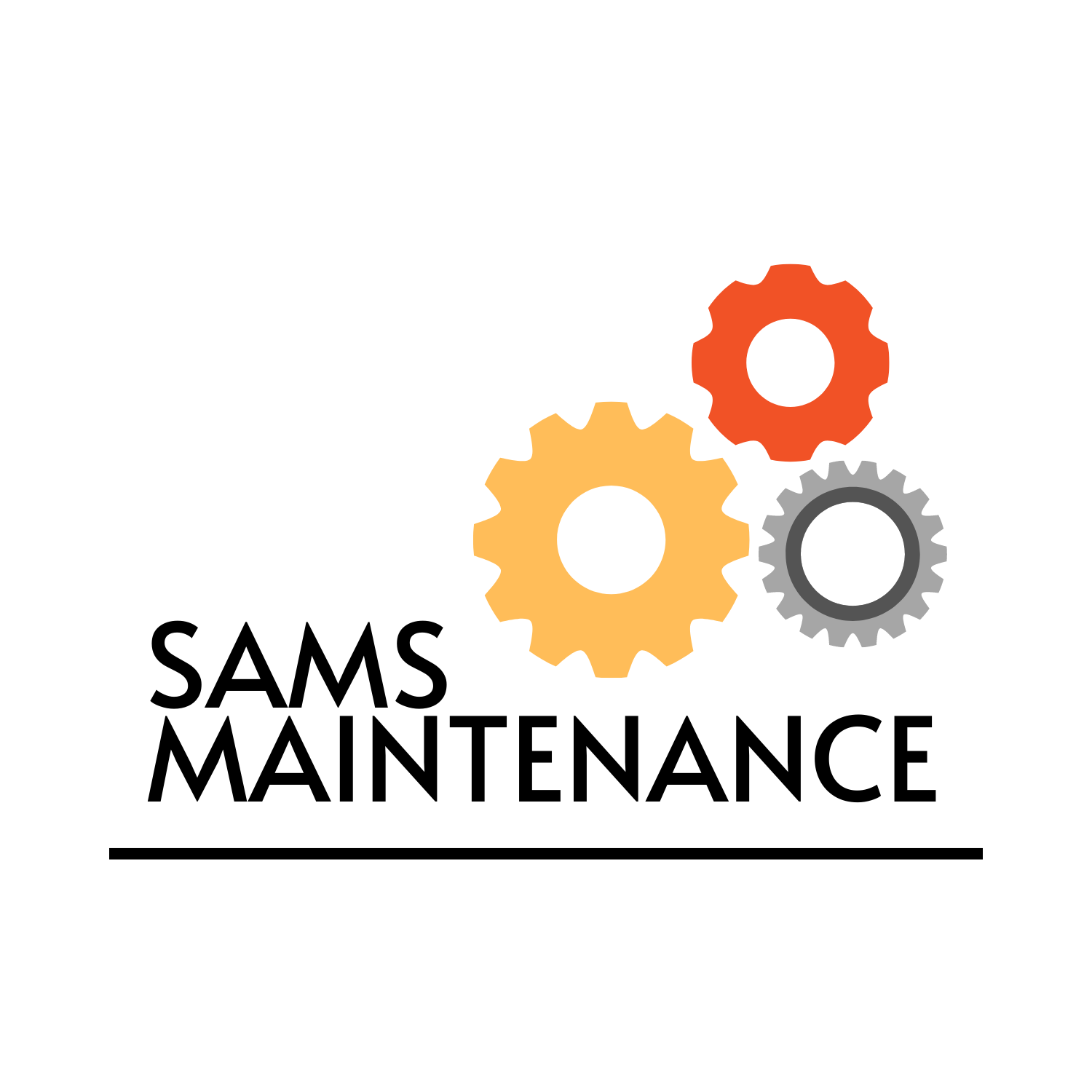When it comes to enhancing the value of your property, smart home repair projects can yield significant returns on investment. According to industry experts, homeowners who invest in well-planned renovations can recoup up to 102% of their costs upon resale, making it a savvy decision for those looking to maximize their home’s value.

The 30 Rule in Home Renovations
The 30 rule in home renovations refers to the principle of keeping renovation costs within 30% of a property’s market value.
- This rule helps landlords avoid overspending on renovations and ensures that the investments made provide a healthy return on investment.
- By sticking to the 30 rule, homeowners can prevent costly mistakes and make informed decisions about which renovations to undertake.
- It’s essential to note that the 30 rule applies to the total cost of the renovation, including materials, labor, and any necessary permits or inspections.
Benefits of the 30 Rule
- Prevents Overspending: The 30 rule helps homeowners avoid breaking the bank on unnecessary renovations.
- Ensures ROI: By keeping renovation costs in check, homeowners can ensure that their investments yield a positive return on investment.
- Informed Decision-Making: The 30 rule encourages homeowners to carefully consider which renovations to undertake, based on their budget and potential returns.
How to Apply the 30 Rule
- Determine the Market Value of Your Property: Research the current market value of your property to determine how much you can afford to spend on renovations.
- Select Cost-Effective Renovations: Choose renovations that fit within your budget and offer the greatest potential return on investment.
Conclusion
By applying the 30 rule, homeowners can make informed decisions about which renovations to undertake, preventing overspending and ensuring a positive return on investment.
The Most Popular Home Improvement Project
As a homeowner, I’m always looking for ways to enhance my living space and increase its value.
- Bathroom Remodeling
- Kitchen Renovation
- Adding a Deck or Patio
- Installing New Flooring
- Painting the Exterior of My House
According to recent surveys, the most popular home improvement project among homeowners is bathroom remodeling.
- Reasons Why Bathroom Remodeling Tops the List:
- Increased Property Value
- Improved Aesthetics
- Enhanced Functionality
- Energy Efficiency
When it comes to bathroom remodeling, there are several factors to consider, including the layout, fixtures, and materials.
- Popular Bathroom Fixtures:
- Double-Sink Vanities
- Freestanding Tubs
- Walk-in Showers
- Heated Floors
At Sams Maintenance , we offer a wide range of services to help homeowners achieve their dream bathrooms, from design consultation to installation and beyond.
Why Choose Us?
- Expertise in Bathroom Remodeling
- High-Quality Materials and Fixtures
- Competitive Pricing
- Excellent Customer Service
Get Started Today!
Contact us at Sams Maintenance to schedule a consultation and take the first step towards transforming your bathroom into a relaxing oasis.

Is 20,000 Enough to Remodel a House?
Remodeling a house can be a daunting task, especially when it comes to budgeting. With a budget of $20,000, you may wonder what kind of transformations you can achieve.
- Assess Your Needs: Before diving into remodeling, take stock of your home’s current state and identify areas that need attention. Make a list of priorities, such as updating fixtures, repainting walls, or replacing flooring.
- Focus on High-Impact Projects: With a limited budget, concentrate on high-impact projects that will yield the most visual appeal. Consider upgrading to composite decking and railings, which can significantly enhance your outdoor living space.
- DIY Where Possible: To maximize your budget, consider taking on DIY projects whenever possible. This could include painting, installing new lighting fixtures, or refinishing furniture.
- Shop Smart: When shopping for materials and supplies, look for discounts, sales, and second-hand options. Websites like Habitat for Humanity ReStores and local salvage yards often carry gently used building materials at affordable prices.
Remodeling Ideas Within a $20,000 Budget
- Bathroom Updates: Replace outdated fixtures, install a new vanity, and update tile surrounds for a refreshed bathroom look.
- Kitchen Upgrades: Update cabinet hardware, replace countertops, and install new lighting fixtures to give your kitchen a modern feel.
- Outdoor Living Space: Upgrade to composite decking and railings, add outdoor lighting, and install a fire pit or patio heater to extend your outdoor living season.
- Interior Painting: Give your interior walls a fresh coat of paint to brighten up your space and cover up imperfections.
Additional Tips and Resources
For more inspiration and guidance, check out our Home Renovation Tips page, which features expert advice and DIY tutorials. Additionally, consider consulting with a professional contractor or designer to get personalized recommendations tailored to your specific needs and budget.

Raising Money for Home Repairs
When faced with unexpected home repair expenses, finding ways to secure funding quickly becomes a priority.
- Emergency loans or lines of credit might be suitable options for covering large expenses or making urgent repairs.
- Home equity loans or HELOCs allow homeowners to borrow against their property’s value, offering a potential solution for larger repair costs.
- Credit cards can provide immediate access to funds, although high interest rates may apply.
- Government assistance programs, such as FHA Title 1 loans, offer low-interest financing for home repairs and improvements.
- Non-profit organizations, like the National Foundation for Credit Counseling, provide financial counseling and potentially connect homeowners with local resources for repair funding.
- Local community development financial institutions (CDFI) may offer affordable loan options for home repairs and renovations.
- Savings accounts, emergency funds, or retirement accounts can be tapped into for home repair expenses, though consider tax implications and penalties before doing so.
- DIY projects and cost-saving measures can help reduce overall repair costs and alleviate financial burdens.
- Consider consulting with a financial advisor or housing counselor to explore available options and develop a personalized plan for securing repair funding.
Before pursuing any funding option, carefully evaluate the associated costs, repayment terms, and potential impact on credit scores.
By understanding the available choices and weighing the pros and cons of each, homeowners can make informed decisions and find the most suitable solution for their unique situation.
For more information on managing home repair expenses and exploring alternative funding sources, visit our home repair funding options guide .
Additionally, learn how to perform common DIY home repairs to save money and extend the lifespan of your property.
At Sams Maintenance , we’re committed to helping homeowners navigate the complexities of home repair and maintenance, providing valuable resources and expert advice along the way.
Who Is Eligible for Free Money Grants?
The government does not offer free money for individuals, but there are certain programs and opportunities available for those who qualify.
- Federal grants are typically only for states and organizations, but you may be able to get a federal loan for education, a small business, and more.
- If you need help with food, healthcare, or utilities, visit the USA.gov benefits page for assistance.
Eligibility Requirements
To be eligible for free money grants, you typically need to meet certain requirements, which vary depending on the program or opportunity.
- Age: Some programs have age restrictions, such as being under 18 or over 65.
- Income: You may need to meet income eligibility requirements, such as having a low income or being below a certain poverty level.
- Citizenship: You usually need to be a U.S. citizen or permanent resident to qualify for most government programs.
- Residency: You may need to live in a specific state or region to be eligible for certain programs.
Types of Free Money Grants
There are several types of free money grants available, including:
- Education grants: These grants can help pay for college tuition, fees, and other educational expenses.
- Small business grants: These grants can help fund startup costs, equipment purchases, and other business expenses.
- Home repair grants: These grants can help homeowners repair or renovate their homes, particularly for those who are elderly or disabled.
- Disaster relief grants: These grants can help individuals and businesses recover from natural disasters, such as hurricanes or wildfires.
How to Apply for Free Money Grants
To apply for free money grants, you typically need to submit an application through the relevant government agency or website.
- Research: Research the grant program and its eligibility requirements to ensure you qualify.
- Gather documents: Gather required documents, such as identification, proof of income, and residency.
- Submit application: Submit your application through the designated portal or website.
- Follow up: Follow up with the agency to confirm receipt of your application and check on the status of your application.
Additional Resources
For more information on free money grants and other financial assistance programs, visit the following resources:
- USA.gov Benefits Page
- Grants.gov
- Small Business Administration (SBA)

What if I Can’t Afford a Home Repair?
When faced with unexpected home repairs, it can be overwhelming to figure out how to pay for them.
- One option is to consider taking out a personal loan or home equity loan to cover the costs.
- Home equity loans, also known as HELOCs, allow homeowners to borrow against the equity in their home.
- Renovation loans are another option, which can be used to finance repairs and renovations.
Before taking out a loan, it’s essential to research and compare different loan options to find the best deal.
Another alternative is to explore local non-profit organizations that offer financial assistance for home repairs.
Additionally, homeowners may want to consider budgeting and saving for emergency repairs in advance.
This can be achieved by setting aside a portion of their income each month in a separate savings account specifically for home repairs.
By having a plan in place, homeowners can feel more confident and prepared to handle unexpected expenses.
At Sams Maintenance , we understand the importance of being proactive when it comes to home maintenance.
We offer a wealth of information and resources on our website to help homeowners navigate the process of paying for home repairs.
Our team is committed to providing expert advice and guidance to ensure that homeowners have the knowledge and tools needed to keep their homes in excellent condition.
Conclusion:
Paying for home repairs doesn’t have to be a daunting task.
By exploring different financing options, budgeting, and saving in advance, homeowners can feel more confident and prepared to handle unexpected expenses.
At Sams Maintenance , we’re dedicated to helping homeowners navigate the world of home maintenance and repair.
Contact us today to learn more about our services and how we can assist you with your home repair needs.

0 Comments